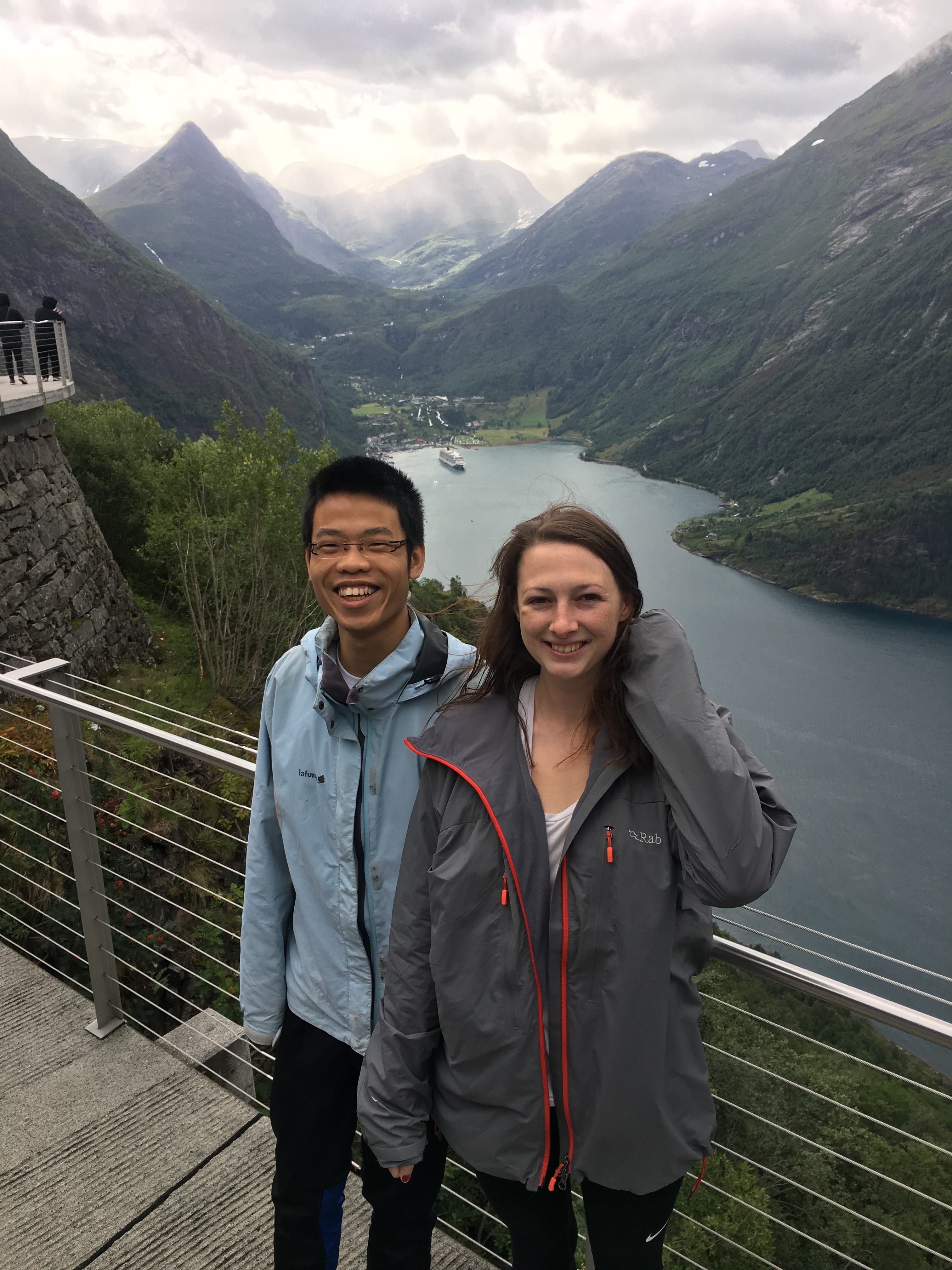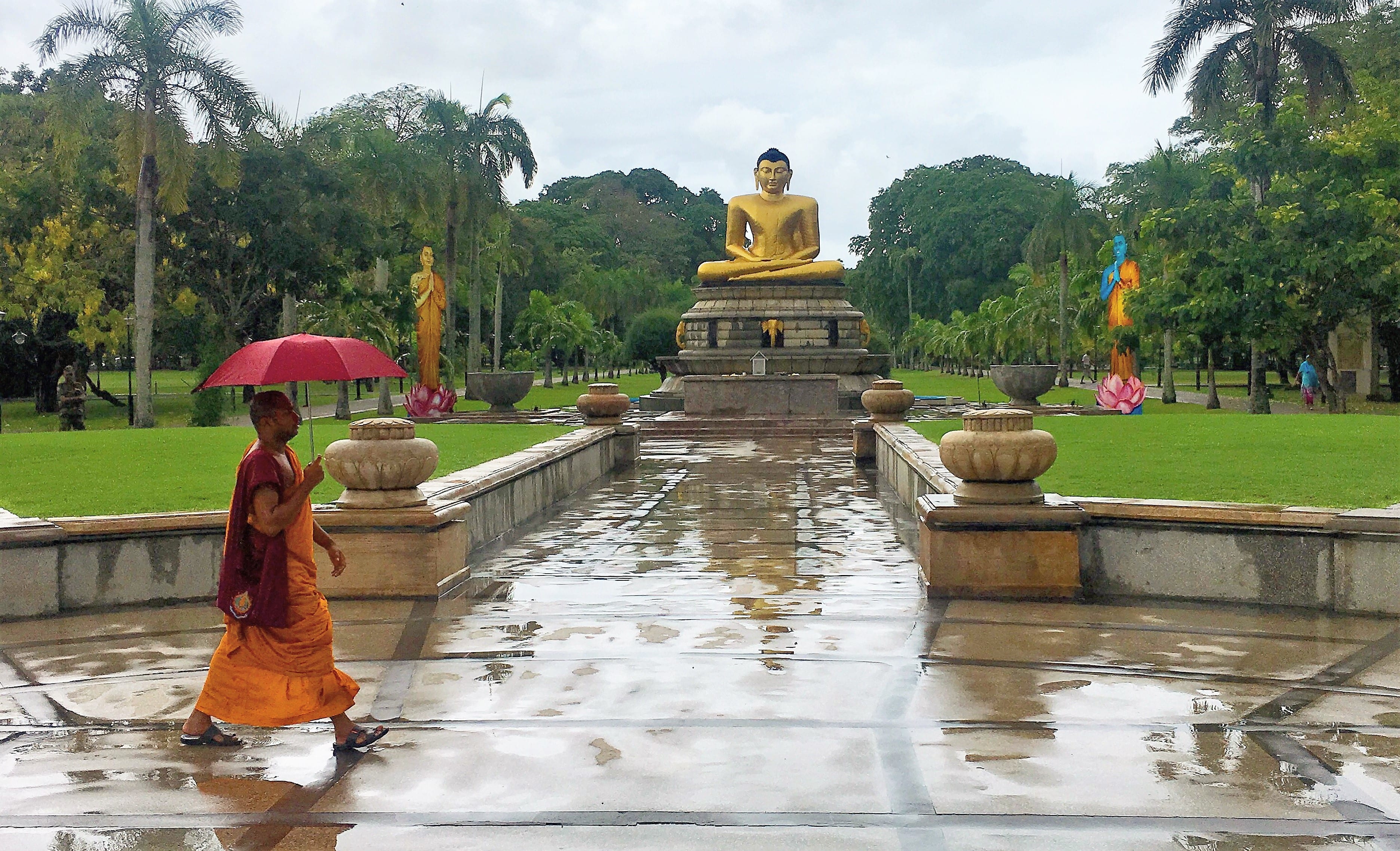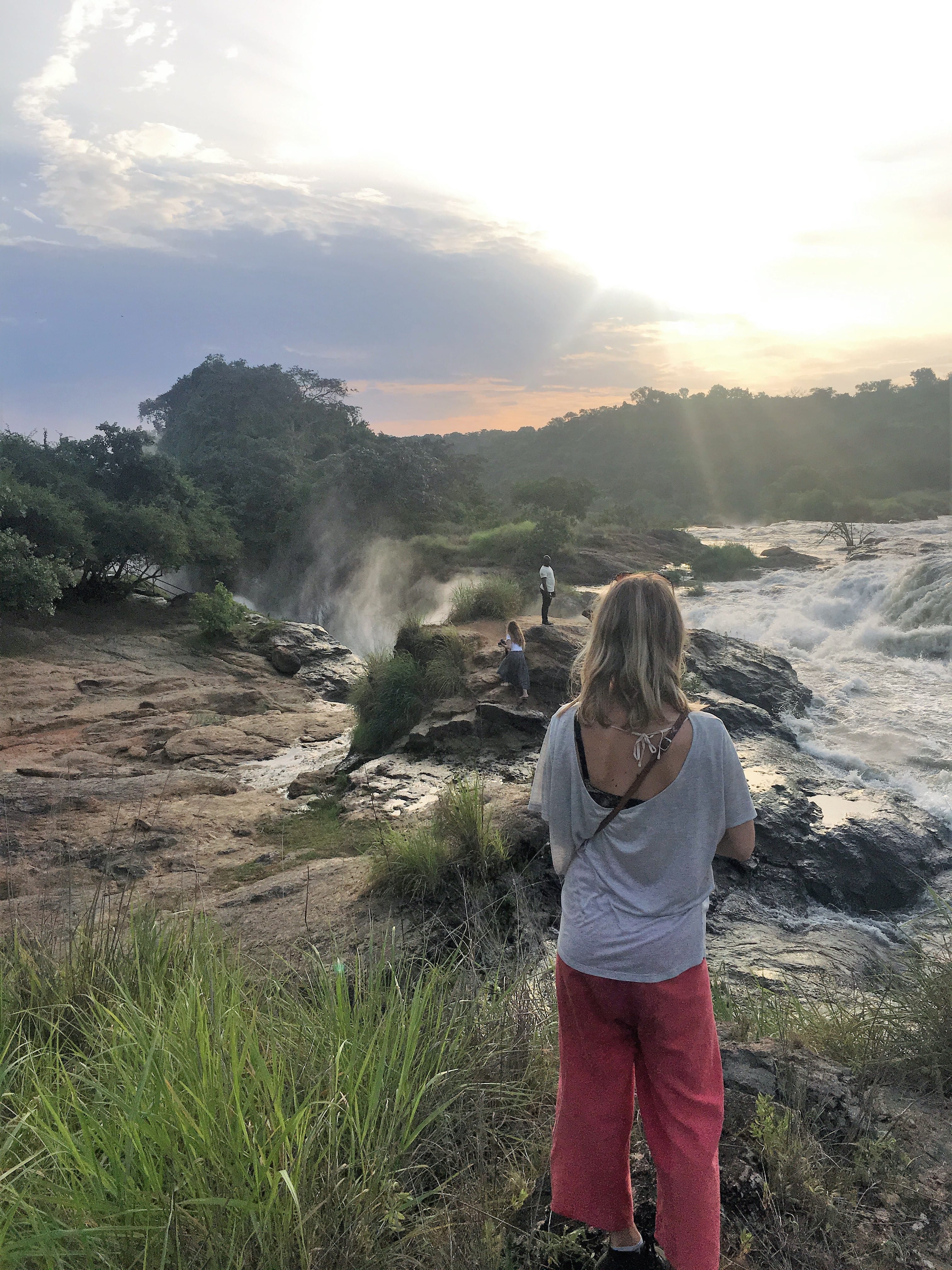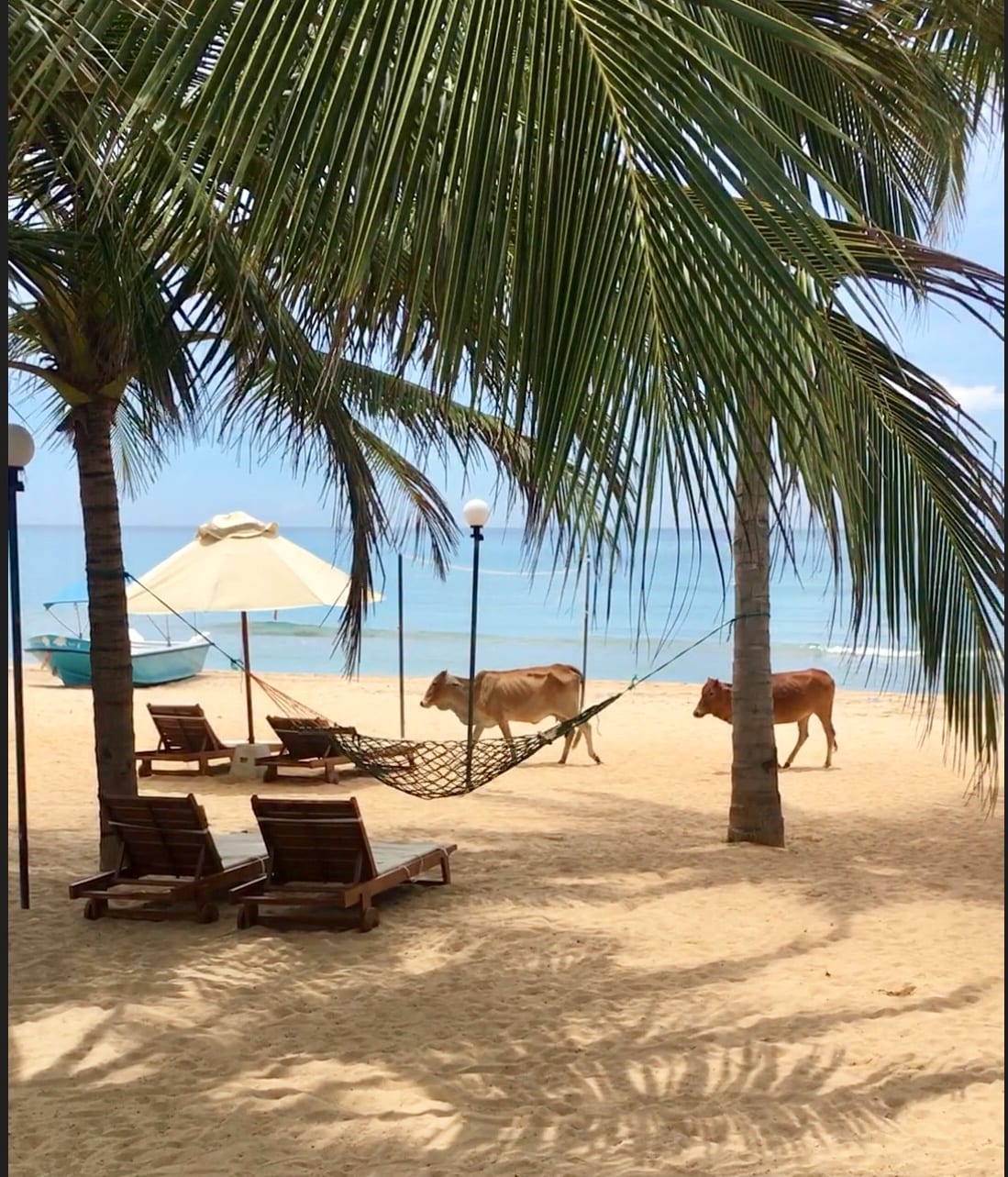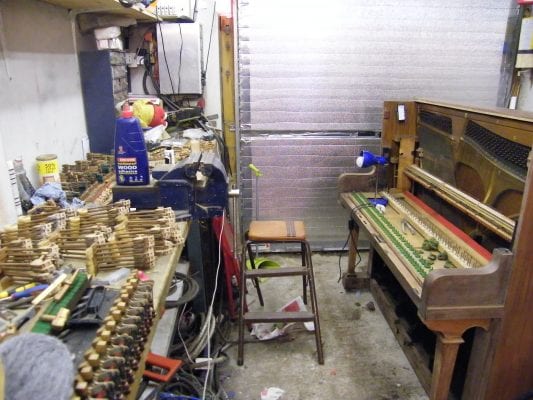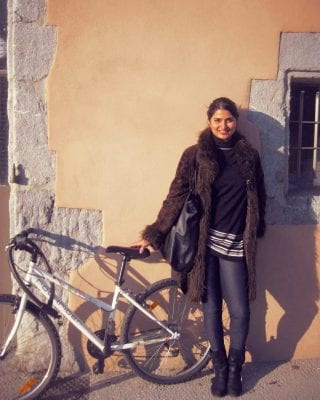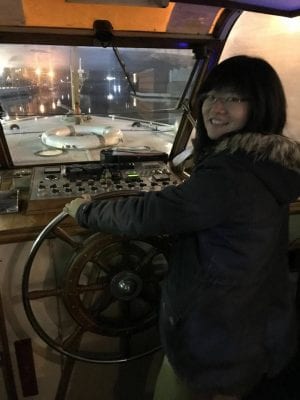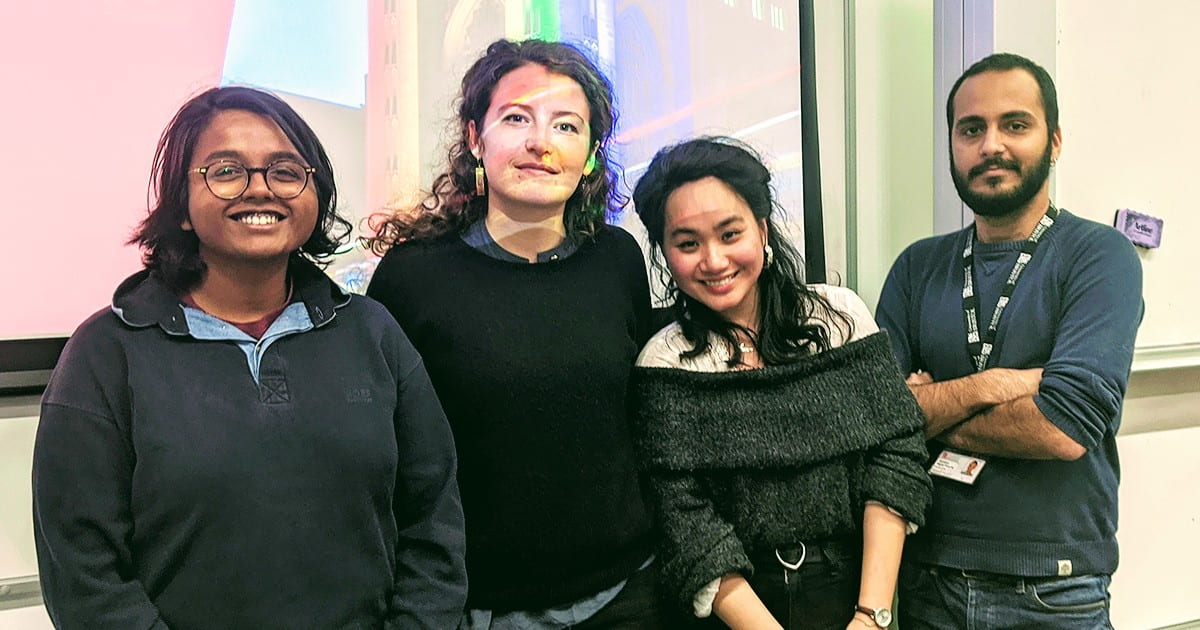
As part of the University’s Postgraduate Open Day on 20 November 2019, the Bristol Doctoral College brought together a panel of PGRs — from a variety of faculties and at different stages in their research degrees — and asked them to share perspectives with an audience of prospective postgraduate students.
The session may have been brief, but it provided plenty of insights into the PGR experience. So much so that we’ve decided to round up tips and advice that might be useful to a wider audience — such as our new and existing PGRs.
However, before we begin our list, we should introduce our panellists properly. The four PGRs who took part in the event were:
- Arsham Nejad Kourki, PGR in the School of Biological Sciences
- Blanche Plaquevent, PGR in the School of Humanities
- Angela Suriyakumaran, PGR in the School of Civil, Aerospace and Mechanical Engineering
- Trang Tran, PGR in the School of Education
The session was chaired by Professor Robert Bickers, Associate Pro-Vice Chancellor (PGR).
And, without further ado, here are their words of wisdom. (Quotes are verbatim wherever possible, but have sometimes been shortened or edited for clarity.)
1. Support, encouragement and fresh perspectives are vital
Angela
“In terms of support, my supervisor has played a key part in that role. Because I have a background in Chemistry and now I’m moving over to Mechanical Engineering, he’s helped me a lot to fill in the holes — fill in my knowledge base, basically.
So he’s been very supportive in terms of giving me the tools to work with my PhD, as well as encouraging me to go and try other stuff, such as going and doing outreach, placement opportunities — so actually helping me gain other skill sets.
“You need that support for four years, to be able to have someone there and some people there to count on — and to be able to say ‘you’re on the right track’ or ‘you’re not on the right track’, ‘maybe you’ve thought about this?’ and ‘maybe try other things’ as well.”
Arsham
“Things you might be facing at the moment, a lot of postgraduates experience. It happens to everyone.
“Other postgraduates, especially ones in the years above you, as well as staff members, are a very good source of support.”
2. Working together can help create a sense of community
Blanche
“I’ve found a very strong feeling of community among my peers. I think I wasn’t really expecting that, as I was doing a PhD in History. So I thought: ‘it’s probably even more solitary than any other kind of PhD, because you don’t work in a lab, you don’t need to necessarily all be in the same place of work.’
But actually, there’s been space provided for Arts and Humanities [PGRs]. It’s been a bit changing, but when there is this kind of space, connections get created very quickly and it really makes you feel supported. And I think it has enabled me to treat my PhD as an actual job — where I go every day, and go into a building and work. And that’s not really what I was expecting.”
3. Listening and presenting can help you see the big picture
Trang
“Get on to any reading group or any presentations that enable you to listen to other people’s work or present your own. Because one thing that happens in a PhD is that you lose your confidence a lot. Because you want it to be perfect, and when you’re with it in your head everything will go wrong compared to what you had in mind.
“So you really want to present where you are at the moment so that everyone else in your community will be able to say ‘oh, this is great — but this is how it could get better’.
“You also want to get on to those groups so that you can hear, right at the beginning, what other people’s work is about — so you can then say ‘OK, there’s a bigger picture. I have re-calibrated what my work should look like’.
4. Teaching can enhance your skills
Angela
“Teaching comes in very different forms. For example, I’m teaching in labs rather than going and helping with the workshops and stuff like that. And you gain a lot of skill sets from doing the teaching. You’re mentoring students, you’re helping them solve problems, etc.
“[They’re] quite good skill sets to build on — and for your future career path as well.”
5. Your research project will evolve — and that’s fine
Arsham
“Don’t worry too much about the specifics of your project — even by the end of your first year.
“As long as you have an idea what it’s roughly going to be about, and as long as your supervisor is on board with that, you can generally make it happen.
Because a lot of it will change. Projects evolve.”


